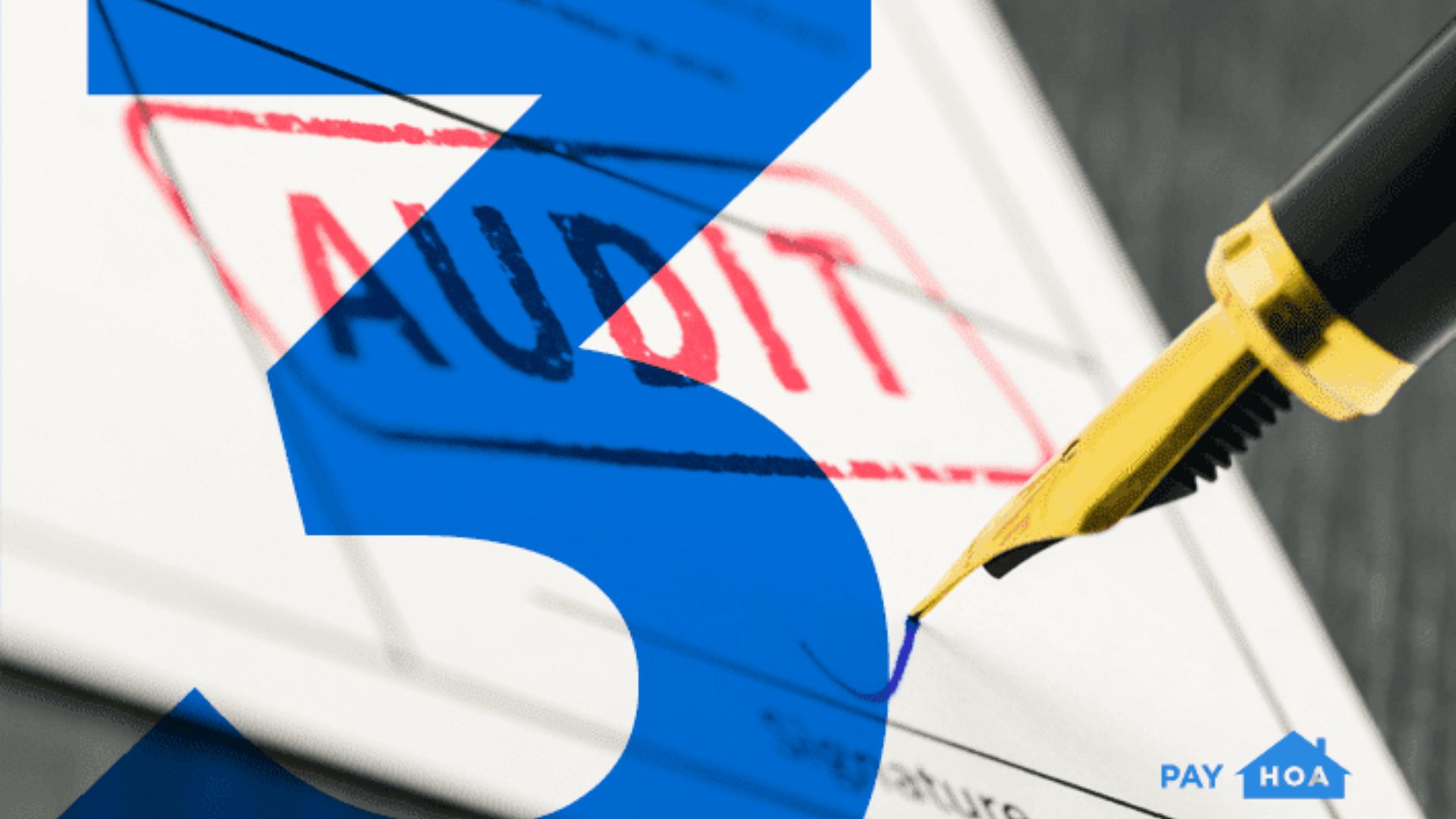Preparing for an accounting audit can seem overwhelming, but with the right approach, it becomes manageable. An accounting audit is a thorough examination of financial records and processes. It’s important for ensuring compliance, accuracy, and transparency in your financial reporting. In this article, we’ll outline effective strategies to help you prepare for an accounting audit, making the process smoother and less stressful.
Understand the Audit Process
The first step in preparing for an accounting audit is to understand the audit process itself. An audit typically involves an independent auditor reviewing your financial statements and related documents. They will assess the accuracy and compliance of your financial records. Knowing what to expect can help reduce anxiety. Familiarize yourself with the auditor’s requirements and the timeline for the audit to keep everything on track.

Organize Your Financial Records
One of the most crucial aspects of preparing for an accounting audit is organizing your financial records. Ensure that all financial documents are up to date and easily accessible. This includes invoices, receipts, bank statements, and payroll records. Create a filing system that categorizes these documents for quick retrieval. Being organized not only saves time but also demonstrates professionalism to the auditors.
Review Internal Controls
Next, review your internal controls related to financial reporting. Internal controls are processes designed to ensure accuracy and prevent fraud. Evaluate whether your current controls are effective and identify any gaps. For example, ensure that there are proper checks and balances in place, such as separating duties between those who handle cash and those who record transactions. Strengthening internal controls can reduce the risk of errors during the audit.
Conduct a Pre-Audit Assessment
A pre-audit assessment is a proactive step to identify any potential issues before the official audit begins. You can perform an internal review of your financial statements and accounting practices. Look for discrepancies, unusual transactions, or areas that may need clarification. This self-assessment helps you address issues early, making the formal audit process smoother.
Communicate with Your Auditor
Effective communication with your auditor is essential throughout the audit preparation process. Don’t hesitate to reach out with any questions or concerns you may have. Discuss the scope of the audit and what specific documents or information the auditor will require. Open communication fosters a positive working relationship and can help clarify any expectations on both sides.
Prepare for Potential Questions
During an accounting audit, auditors will likely have questions about your financial records and processes. Prepare yourself and your team for these inquiries by anticipating possible questions. Familiarize yourself with your financial statements and be ready to explain the reasoning behind any unusual entries. This preparation demonstrates your knowledge and confidence, making a positive impression on the auditors.
Train Your Staff
If you have a team involved in financial processes, ensure they are trained and aware of the audit procedures. Conduct training sessions to review key concepts, expectations, and the importance of accurate record-keeping. When everyone understands their role in the audit process, it leads to a more efficient audit experience.
Review Compliance Requirements
It’s essential to review compliance requirements related to your industry and location. Different industries have varying regulations that affect financial reporting. Ensure that you are in compliance with tax laws, accounting standards, and any industry-specific regulations. Staying compliant not only prepares you for the audit but also reduces the risk of legal issues down the road.
Create a Timeline for Preparation
Establishing a timeline for your audit preparation can help keep you organized and focused. Outline key tasks and set deadlines for completing each step. This timeline can include organizing documents, reviewing internal controls, and conducting staff training. Having a structured plan ensures that you are not scrambling to gather information at the last minute.
Stay Calm and Professional
Finally, it’s important to stay calm and professional throughout the audit process. Audits can be stressful, but maintaining a positive attitude can make a significant difference. Approach the audit with confidence, knowing that thorough preparation will pay off. Treat the auditors with respect and professionalism, as they are there to assist you in improving your financial practices.
Conclusion
In conclusion, preparing for an accounting audit is a vital process that can lead to improved financial practices and compliance. By understanding the audit process, organizing your financial records, and communicating effectively with your auditor, you can navigate the audit with confidence. Remember, thorough preparation not only makes the audit smoother but also helps your organization grow.




